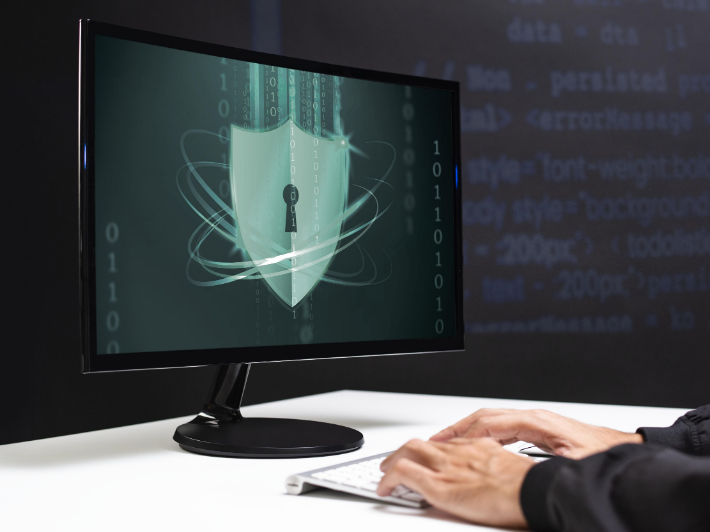- Major data breach impacts millions of users at top tech company.
- New malware strain targets critical infrastructure systems.
As our reliance on technology grows, so too does the risk to our personal and professional information. One question looms large: what is the biggest threat to computer information security?
Key concepts in computer information security
- Ransomware: A type of malicious software designed to block access to a computer system until a sum of money is paid.
- IoT (Internet of Things): A network of physical devices that communicate and exchange data through the internet.
- Phishing: The fraudulent practice of sending emails purporting to be from reputable sources to induce individuals to reveal personal information.
3 main threats to computer information security
1. The rising menace of ransomware attacks
Ransomware has emerged as a significant threat, disrupting businesses and individuals alike. This type of malware encrypts a victim’s data, demanding a ransom for its release. For example, the WannaCry attack in 2017 affected over 200,000 computers in 150 countries, including the NHS in the UK, causing millions in damages.
Ransomware attacks can cripple businesses, leading to significant financial losses and reputational damage. They can also target critical infrastructure, posing risks to public safety. Organisations must invest in robust backup systems and cybersecurity training to mitigate these risks.
2. The vulnerability of Internet of Things (IoT) devices
IoT devices, from smart thermostats to connected cars, are increasingly common. However, their security often lags behind their innovation. The 2016 Mirai botnet attack highlighted this vulnerability, as it used compromised IoT devices to launch a massive distributed denial-of-service (DDoS) attack, affecting major websites like Twitter and Netflix.
While IoT devices offer convenience and efficiency, their security vulnerabilities present substantial risks. Manufacturers often prioritise functionality over security, making these devices prime targets for hackers. Regular updates and strong security measures are essential to protect IoT networks.
3. The persistent threat of phishing attacks
Phishing remains one of the most effective methods for cybercriminals to gain access to sensitive information. These attacks trick users into providing personal data, often through seemingly legitimate emails or websites. In 2020, the FBI reported that phishing was the most common type of cybercrime, with losses exceeding $1.8 billion.
Phishing attacks are becoming increasingly sophisticated, using social engineering techniques to deceive victims. Users must remain vigilant and sceptical of unsolicited communications, and organisations should implement comprehensive security awareness programmes.
Also read: Is cyber security more valuable than computer science?
Also read: Demystifying anti-DDoS VPN: Enhancing cyber security
A personal take
Living in an era where our digital footprint grows daily, the threats to our information security are more pressing than ever. It’s crucial to stay informed about these risks and take proactive steps to protect our data. From securing IoT devices to recognising phishing attempts, every measure counts in safeguarding our digital lives. Remember, cybersecurity is not just a technical issue; it’s a personal responsibility. Let’s make informed choices to keep our information safe.
In a world that’s constantly evolving, staying one step ahead of cyber threats is not just desirable; it’s imperative.

